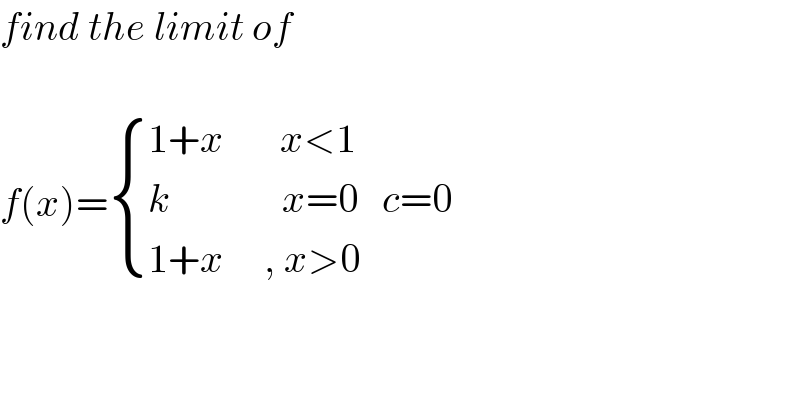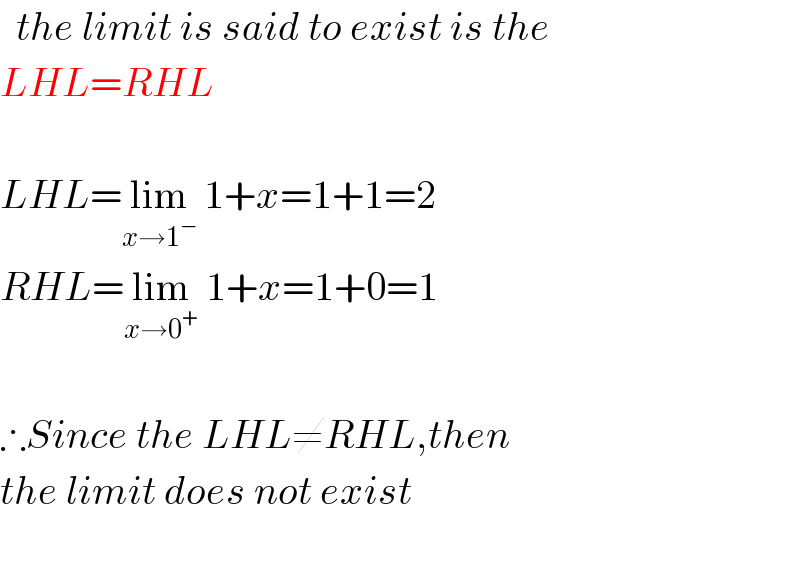
Question and Answers Forum
Question Number 27722 by NECx last updated on 13/Jan/18

Answered by NECx last updated on 15/Jan/18

| ||
Question and Answers Forum | ||
Question Number 27722 by NECx last updated on 13/Jan/18 | ||
 | ||
Answered by NECx last updated on 15/Jan/18 | ||
 | ||
| ||